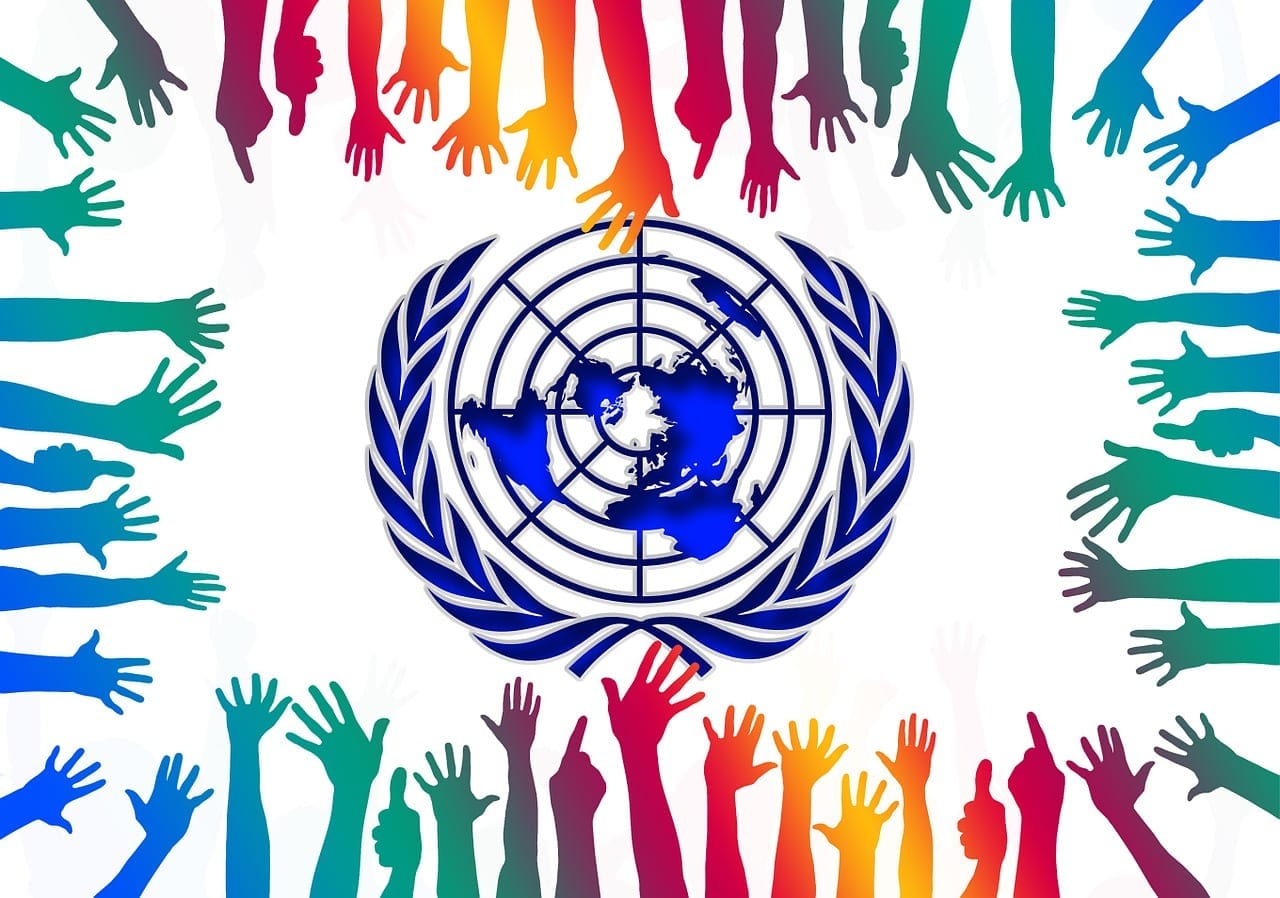Understanding Economic Sanctions: Impacts and Implementation
Introduction to Economic Sanctions
Economic sanctions are often perceived as a potent weapon employed by states to constrict the economic activity of a target state with the aim of inducing change in its policies or behavior. As a foreign policy tool, they have been used by the United States, United Nations, and the European Union extensively. Yet, the impact of economic sanctions on diplomatic relations remains a topic of heated debate among academics and policymakers alike.
Examination of Economic Sanctions: A History and Literature Review
Sanctions have a lengthy history, evolving from the era of the cold war, where they were a favored policy tool. Unilateral sanctions, notably those imposed by the United States in response to specific international security issues, featured prominently during this period. The United Nations also implemented sanctions against Iraq during the cold war under the auspices of the Security Council. The perceived success of these sanctions in achieving policy goals laid the foundation for their continued use.










